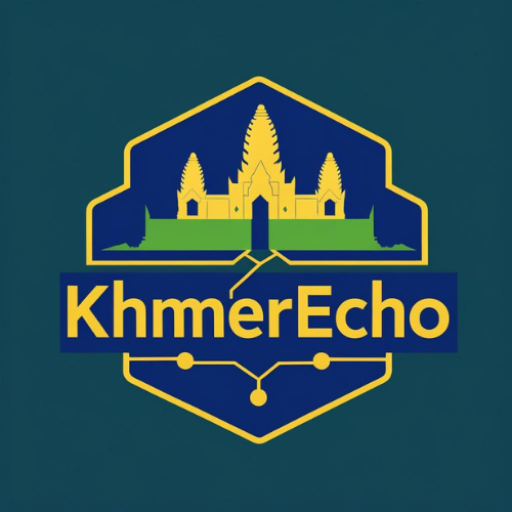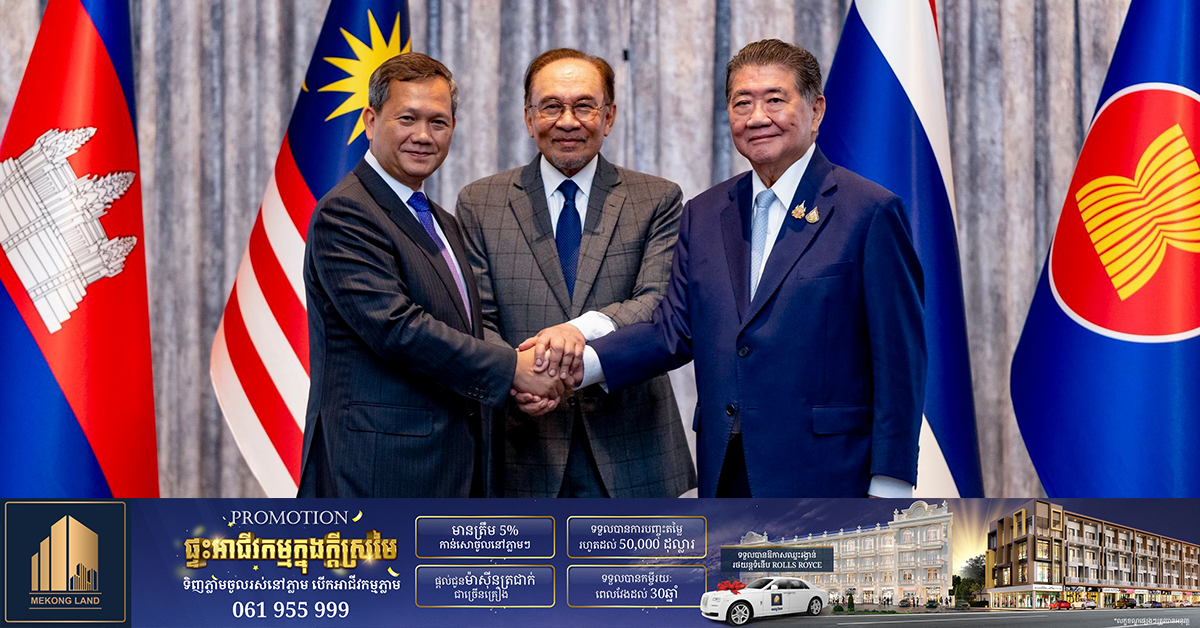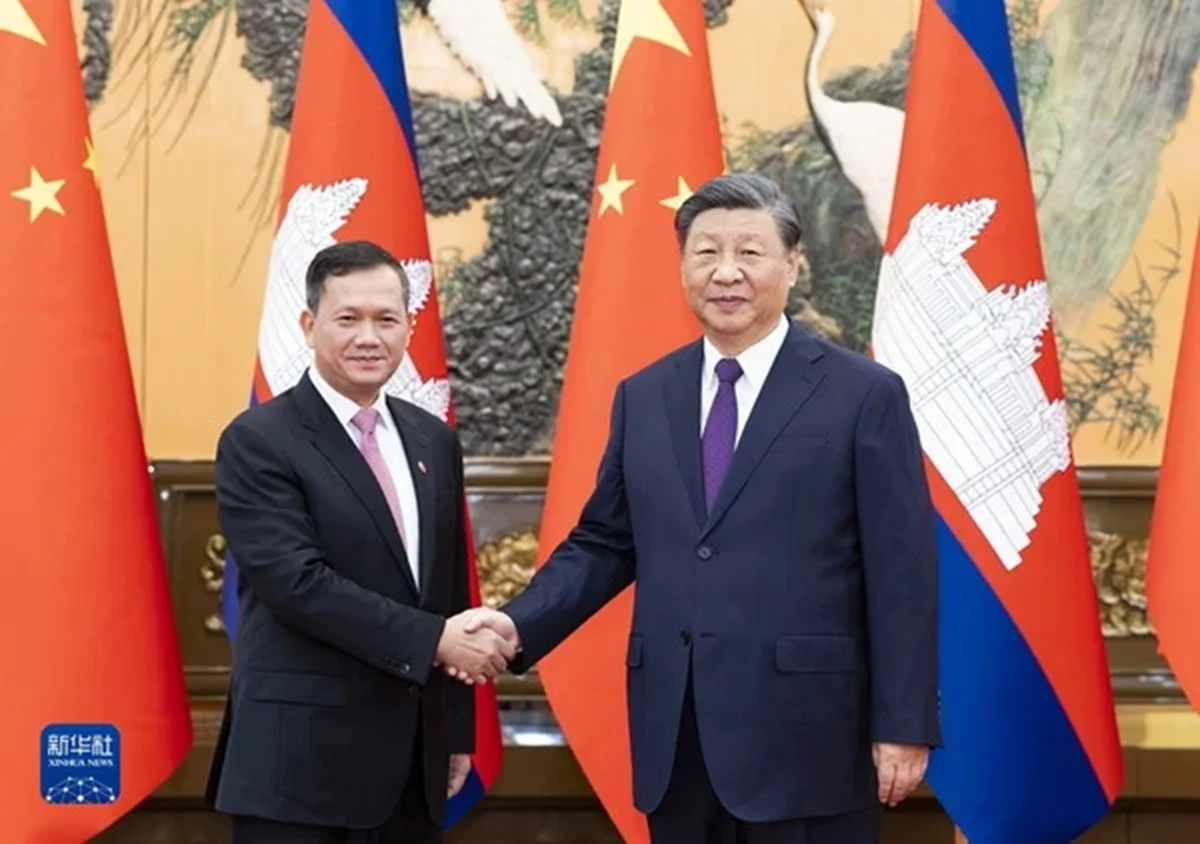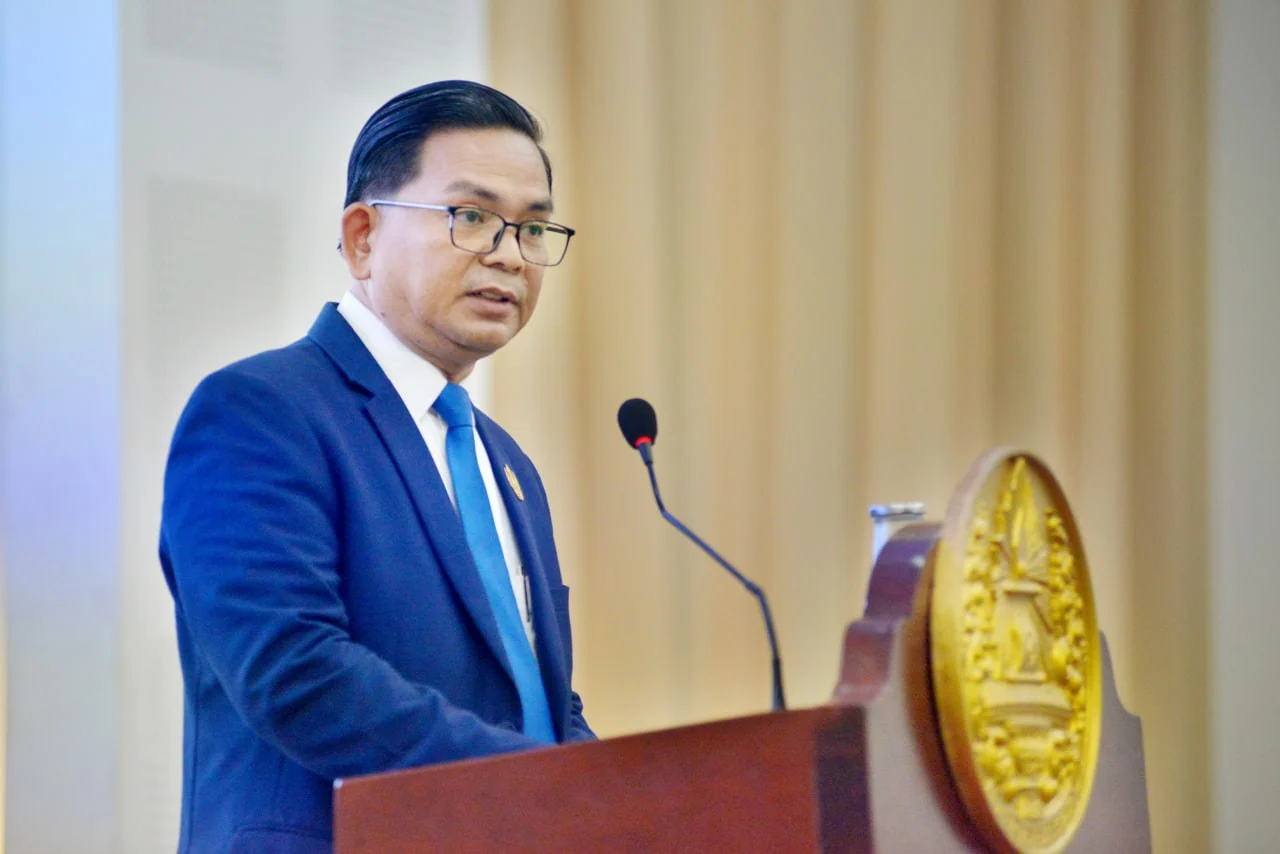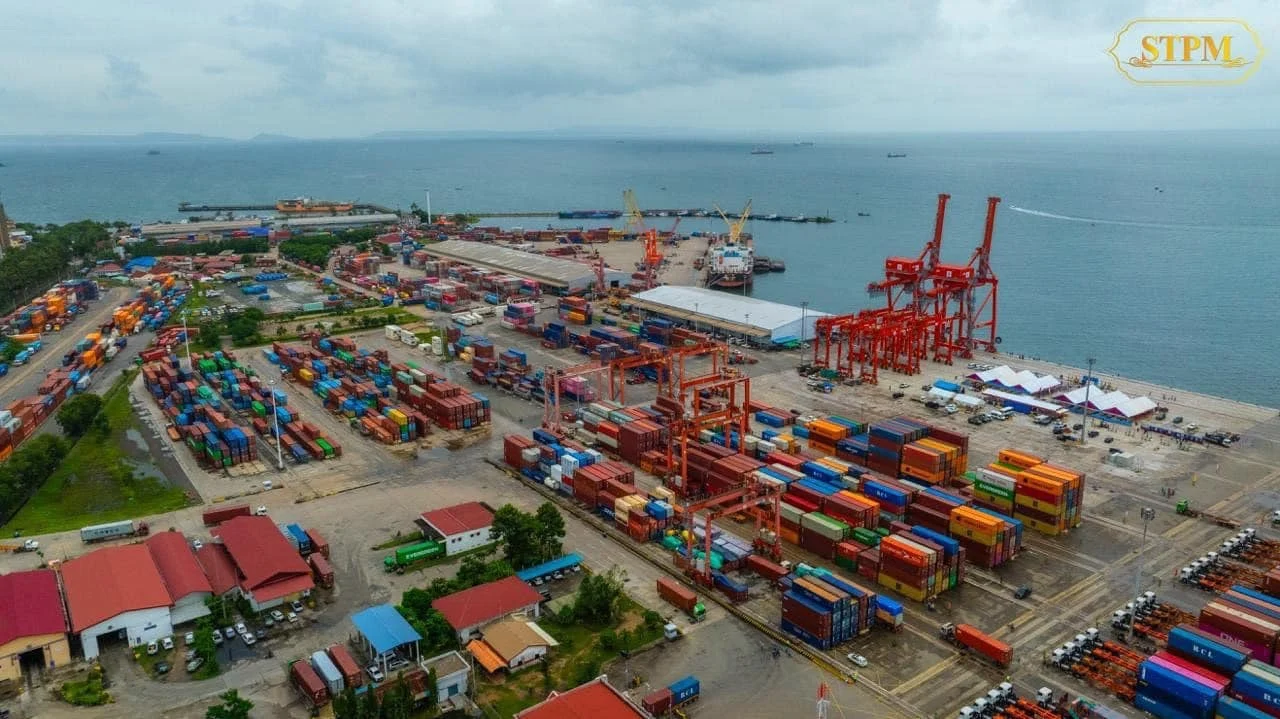As the incoming ASEAN Chair for 2025, Malaysian Prime Minister Anwar Ibrahim has demonstrated significant diplomatic success in his pivotal role as a mediator, working to resolve a tense border dispute between Cambodia and Thailand.
The border conflict, which erupted over contested areas around the Ta Moan Thom, Ta Moan Toch, Ta Krabey temples, and the Three-Point border region, escalated into severe clashes on July 24, 2025. Before the situation could spiral into full-blown armed hostilities, Prime Minister Anwar Ibrahim promptly engaged in direct communication with Cambodian Prime Minister Hun Manet and Acting Thai Prime Minister Phumtham Wechayachai. His urgent appeal called upon both parties to de-escalate tensions along their shared border.
In his capacity as the ASEAN leader, Anwar Ibrahim underscored the critical importance of regional peace and stability, urging both nations to refrain from violence. As the border situation intensified, he initiated an emergency meeting with the leaders of Cambodia and Thailand to deliberate on preventative measures against further conflict. Following negotiations held in Kuala Lumpur on July 28, facilitated by Prime Minister Anwar, both sides reached a three-point agreement.
First, an immediate and unconditional ceasefire was declared, effective from midnight on July 28. Second, an informal meeting between the military commanders of both nations was scheduled for 7:00 AM on July 29. Third, both parties agreed to establish a General Border Committee (GBC) on August 4, with Cambodia slated to host the inaugural meeting.
After the ceasefire declaration, Prime Minister Anwar further supported the deployment of satellites to monitor its implementation, enhancing transparency and ensuring adherence to the agreement by both sides. Malaysia also dispatched its Chief of Army, General Tan Sri Mohd Nizam Jaffar, to Cambodia to coordinate and oversee the ceasefire’s enforcement.
However, by mutual request from both parties, the General Border Committee meeting, originally planned for August 4 in Cambodia, was subsequently relocated to Malaysia. Demonstrating renewed leadership and diplomatic acumen, Prime Minister Anwar Ibrahim successfully orchestrated the GBC meeting in Kuala Lumpur on August 7. The meeting was co-chaired by Cambodian Minister of National Defense General Tea Seiha and Acting Thai Minister of National Defense General Nattaphon Narkpanit. Malaysian Minister of Defense Mohamed Khaled Nordin facilitated the discussions, which also saw representation from observers from the United States and China.
During this crucial meeting, both parties agreed on several key points. These included the comprehensive implementation of the ceasefire, which would cover all types of weaponry and strictly prohibit attacks on civilians or military targets. Additionally, troops were mandated to maintain their current positions, with no further movement or reinforcement of forces permitted along the border.
Both Thailand and Cambodia also committed to avoiding any provocative actions that could exacerbate tensions, such as incursions into the other party’s airspace or territory. Adherence to international humanitarian law was emphasized, ensuring proper treatment for captured soldiers and civilians, and facilitating the dignified repatriation of casualties.
A significant outcome was the establishment of a Malaysian-led observer group, tasked with monitoring the ceasefire’s execution and ensuring consistent communication at all levels between the two nations.
Prime Minister Anwar Ibrahim expressed his pride in Malaysia’s contributions, stating during the 2026 Budget session in Putrajaya on August 7, “At least for now, both countries want Malaysia to continue facilitating. They have pledged to respect the conditions to ensure the ceasefire is fully implemented. And for this, we will continue to play our part. There are one or two minor issues today that we hope to resolve.” This sentiment was reported by The Edge Malaysia.
He clarified that while China and the United States were not directly involved in border monitoring, they offered logistical support if needed, which Malaysia would communicate. However, he stressed that the issue fundamentally remained between Cambodia and Thailand, facilitated by Malaysia with the full backing of ASEAN.
Anwar Ibrahim highlighted that during courtesy calls, all parties outlined the necessary steps forward, acknowledging that the border region remained a contentious issue. He strongly appealed against violence, emphasizing that despite disputes, there was no need for bloodshed, whether of soldiers or civilians. Currently, an estimated 300,000 people from both nations have been displaced, becoming refugees and seeking safety in secure areas.
“This has been a most meaningful cooperation,” Anwar Ibrahim affirmed. “Almost every day, I have been in contact with the Prime Ministers of Cambodia and Thailand, as well as other partners, to ensure the success of this endeavor.” Through his active mediation, Prime Minister Anwar Ibrahim has showcased Malaysia’s commitment to contributing to peace and stability within the ASEAN region. He reiterated that peace is a collective choice for ASEAN, and Malaysia stands ready to assist in facilitating negotiations to ensure unity and solidarity among member states.
